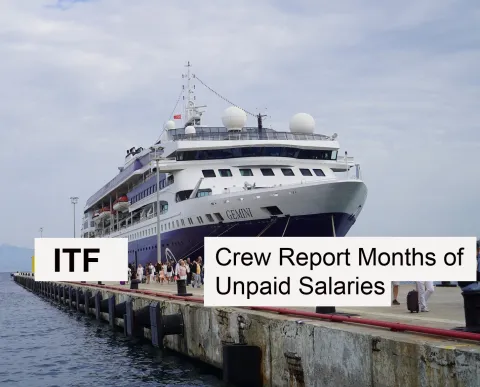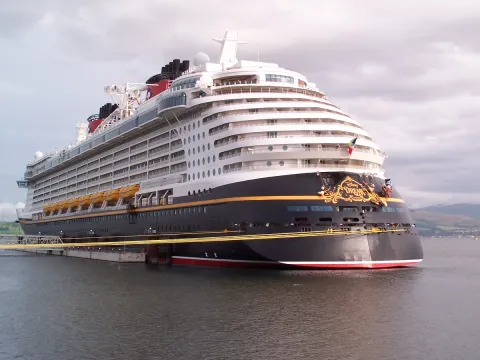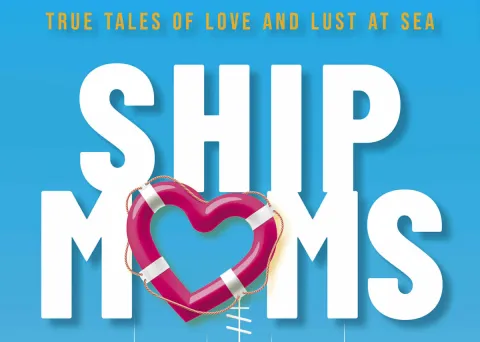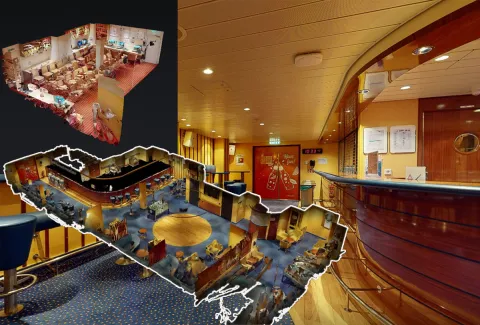
Working for a cruise line which is registered under a flag other than the American can be complicated, especially when there is a need to address certain rights, such as workman's compensation, discrimination, abuse and/or harassment, as well as other work related issues and problems.
In the entire cruise line industry there is only one cruise line company which has its ships registered under the American flag, all others are registered in foreign countries such as Panama which are more lenient with big corporations, but not to individual employees.
The Cruise Lines International Association explains the reason behind the fact that 90% of the cruise liners register their ships under a foreign flags due to the “capabilities of the flag to deliver the services needed; representation and reputation of the flag in the international shipping community; the performance of the flag state, which dictates how a ship is prioritized by port states; the pool of seafarers able to meet the need of the flag; and the flag’s fees/charges and taxes.”
Many cruise line companies deem that the regulations which follow registration under the U.S. flag are unattractive, therefore they lean towards a country which has regulations and laws which benefit the company and its operation. Some claim that the corporations which sail under a foreign flag do so simply to avoid the American safety and consumer protection regulations and laws. The Federal Maritime Commission also understands and acknowledges this fact by giving the following statement “it is important to know that the Commission has no authority over: passenger line vessel operations, safety issues, amenities onboard vessels or fare levels.”
Why is this important to know and understand? Well it is simple, if you book or work for a cruise company which operates under the U.S. flag you will be able to retain some basic consumer and employee’s rights.
So what should you do before you decide to work for an employer or even book a cruise? Well, for one it is always a good thing to research the cruise liner that you will be boarding. In other words find out if the cruise line has entered disputes and how they have been resolved.
The better Business Bureau (BBB) is a very good resource to determine if there have been any disputes, how they have been resolved, and even the company’s rating.
Another great resource is the American Society of Travel Agents which offers advice on filling and pursuing travel complaints.
The Federal Maritime Commission issues a Notice to Cruise Passengers in detail, thus making this also a wonderful resource to protect yourself and understand specifics about each individual cruise liner.
The Centers for Disease Control and Prevention's Vessel Sanitation Program provides advice for travelers and inspection scores of cruise ships.
The U.S. Coast Guard's Cruise Ship National Center of Expertise details all the relevant federal regulations. In addition, the USCG's Marine Safety Center provides oversight on ship safety "subject to U.S. laws."
The Federal Trade Commission provides information on its investigations into cruise lines' trade practices.
For those pursuing justice for victims of crime onboard cruise ships, the International Cruise Victims Association provides a wealth of resources.
British citizens have the added advantage of working through the U.K.-based Passenger Shipping Association, which provides dispute conciliation service, provided the cruise line in question is a PSA member, though many major lines are covered.
Finally, always purchase the trip with a credit card, for protection under the Fair Credit Billing Act, since it states "federal law limits your responsibility for unauthorized charges to $50."












